Menopause Friendly Australia’s Grace Molloy was joined by author Kaz Cooke, to discuss her latest book It’s the Menopause.
Grace Molloy: Let’s start with the basics. If someone asked you ‘What is menopause?’ what would your answer be?
Kaz Cooke: To doctors, menopause is officially at least a year after your last-ever period. But for women themselves, they usually mean perimenopause, which is when you experience symptoms. Not everyone has symptoms, some get lots, everyone has a different experience. There’s so much more to it than your last period.
Grace Molloy: You took an evidence-based approach in your book as well as anecdotal evidence from women. What surprised you most about the responses?
Kaz Cooke: Probably that the preconceived idea of menopause is not the reality for most women. It’s not just a few hot flushes and needing more moisturizer. For those with severe symptoms it’s the whole spectrum, heavy flooding, anxiety, brain fog, itchy skin, hair changes, appearance changes, sleep problems. The media often don’t portray all these things. Also, it’s not just about ‘going off’ sex – some women were saying that sex can actually be very painful. These are things that affect people’s quality of life and need to be talked about.
Communication here is massive. By this I mean woman to woman, women and partners, women and kids. So many are living with teenagers or older kids and this can be hard when you’re dealing with irritation, rage, brain fog and plummeting self esteem.
What really did come across was the feeling of sisterhood and camaraderie. The last chapter of my book is devoted to the positive impacts of menopause, the freedom women are feeling, the closeness with their friends and how they feel comfortable with a difference in their priorities.
Grace Molloy: Particularly for issues related to women we often see two camps form, during pregnancy, childbirth, breastfeeding and also with menopause: those who think it’s just a natural thing and we should get on with it and those who think symptoms are a nightmare and they need MHT. Why do you think it’s such a polarising issue?
Kaz Cooke: People like to apply their own personal philosophy and think others should follow suit. It’s a failure of imagination, we really need more understanding that our experience is not everyone else’s. I wanted to set out a ‘buffet’ – if you want medication you could try it for these symptoms, if you want self help here are some evidence-based things you can try. I’d urge people to be flexible in their philosophy, and to be wary of supplements and creams promoted by celebrities, these often suggest an effect they are incapable of delivering.
Be a magpie, see what’s out there and take the things back to your nest you want to try and see what will work for you.
Grace Molloy: There’s so much research in your book and expert input. But we do know there isn’t a huge amount of research about menopause. What do you think are the gaps we should focus on?
Kaz Cooke: There are many gaps as I mention throughout my book, I’m not an academic, but I know there’s some research taking place into how mental symptoms are connected to a lack of estrogen, which I think will be welcome to women struggling with these symptoms. These are often the hardest to cope with, as they’re talked about much less than things like hot flushes. Also, testosterone is an area which could use more research. There is evidence that if you’ve had a libido plummet then it may help, but no evidence other than anecdotal that it could help with things like brain fog. Researchers are working on filling these gaps but more needs to be done.
Grace Molloy: You surveyed nearly 9000 people for the book, what did you hear about menopause at work?
Kaz Cooke: The good experiences were very very good, in places where people could talk openly about their symptoms and needs. Others told me they just couldn’t talk about it at work. Workplaces should consider how to support menopause, they will really be supporting those women who otherwise feel they have no choice but to quit their job. It’s a grown-up conversation to be had.
Really, it’s about awareness and decency towards colleagues. Flexibility can support workers in all areas, not just menopause. And it’s often such simple things that can support menopause, like an extra uniform or better ventilation. We need to move away from the attitude of joking about menopause into a much more supportive one.
It’s also worth companies noting they can be sued for discrimination against menopausal women, so they will lose not only the talented individual, but likely take a financial and reputational hit too.
If you do want a conversation at work, it’s a good idea to do so in a quiet, confidential environment. Take in some notes, this is what I’m experiencing, this is how it’s impacting me at work, this is what could support me in my role. And organisations like yours, helping workplaces to navigate these supports.
Question from the audience: Was there any information about Aboriginal cultural bush medicines and foods and traditional healers as part of your research?
Kaz Cooke: There’s been very little research into this. But there is a big cultural difference with the view of menopause. A few Aboriginal women I spoke to said it’s not seen in the same way, there’s great respect for elders and it’s not seen as a negative. In terms of health problems and situations, colonial white medicine hasn’t been good at finding out what could be cross-cultural help. There’s a long way to go here, it really calls out for research.
You can learn more about Kaz Cooke on her website, and find options to purchase her book ‘It’s The Menopause’ here.
To improve the lived experience of those going through menopause, and to help everyone be a supportive colleague, partner, friend or family member, education is key. Workplaces can take an education-first approach, talking to their people about what they’re experiencing and what they would like to see in your organisation. Look at what you can do to actively support your workforce, and make it official with a policy, document or toolkit that everyone knows about and can access.
Download our free checklist today to see what you can do to make genuinely helpful changes within your workplace.
Menopause Friendly Australia works with organisations committed to becoming menopause friendly, guiding them through approaches in key areas of the workplace. Once an organisation meets the rigorous criteria for approval, they will be accredited as Menopause Friendly. Get in touch today to find out how we could help your organisation.


